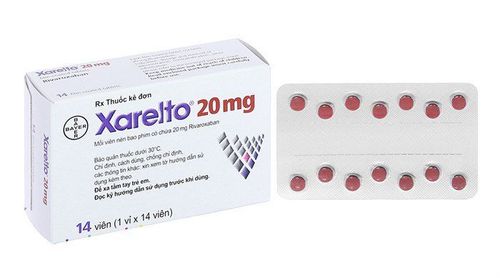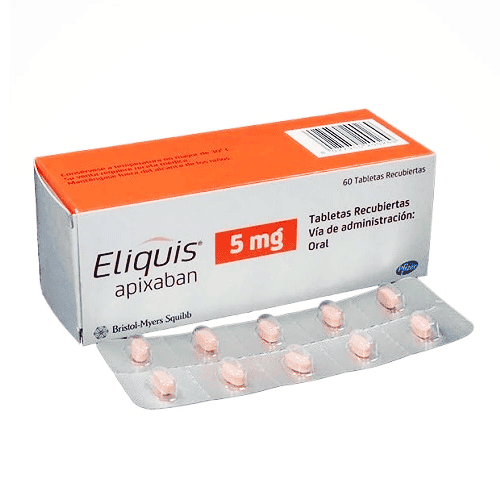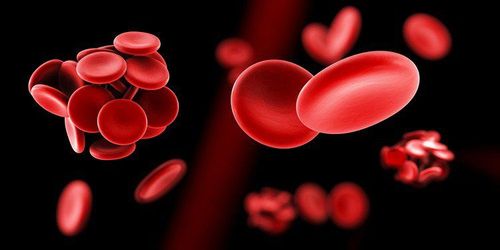This is an automatically translated article.
The article was professionally consulted by MSc, Dr. Trinh Thi Thanh Huyen - Obstetrician and Gynecologist - Department of Obstetrics and Gynecology - Vinmec Hai Phong International General HospitalVenous thrombosis, also known as blood clots, can occur in all subjects. However, pregnant women are five times more likely to have a blood clot than the general population. Blood clots are completely preventable and treatable if detected early.
1. Why are pregnant women at a higher risk of forming blood clots?
Women are at risk for venous thromboembolism during pregnancy, giving birth within three months of giving birth for the following reasons:
During pregnancy, women can clot more easily to reduce blood loss during labor and delivery.
During pregnancy, women may experience reduced blood flow to their legs because the blood vessels around the pelvis are squeezed by the growing fetus
Several other factors can also increase a woman's risk of blood clots pregnant female like.
Women with a personal or family history of blood clots or conditions related to clotting disorders Women who have had a cesarean section Women with limited mobility (not moving much), such as during rest bed rest or postpartum recovery Complications during pregnancy and delivery Have a chronic medical condition or long-term health condition such as heart or lung disease, diabetes

Phụ nữ có nguy cơ bị huyết khối tĩnh mạch khi mang thai, sinh nở và thời gian ba tháng sau khi sinh
2. Recognize the signs and symptoms of blood clots
A blood clot that occurs in a leg or arm is called a deep vein thrombosis (DVT). If you have the following signs or symptoms, tell your doctor as soon as possible. Signs and symptoms of deep vein thrombosis include:
Swelling of the affected limb Pain not due to trauma Skin is warm to the touch, red or discolored Blood clot in the leg or arm when it ruptures and If you experience any of the following signs or symptoms seek medical attention right away as it can be life-threatening. Signs and symptoms of a pulmonary embolism include:
Shortness of breath Chest pain that gets worse with deep breathing or coughing Coughing up blood Heart beating faster than normal or irregular heartbeat
3. How to prevent blood clots during pregnancy
If you have a history of blood clots, talk to your health care professional about your blood clot history and those in your family for helpful advice.
Strictly follow the instructions of health care professionals during pregnancy and after delivery.
If a pregnant woman is at high risk for blood clots or experiences a blood clot during pregnancy or after giving birth, a low dose of heparin will be injected under the skin to prevent or treat the blood clot. freezing during and after pregnancy.
Please dial HOTLINE for more information or register for an appointment HERE. Download MyVinmec app to make appointments faster and to manage your bookings easily.
Reference source: Cdc.gov












